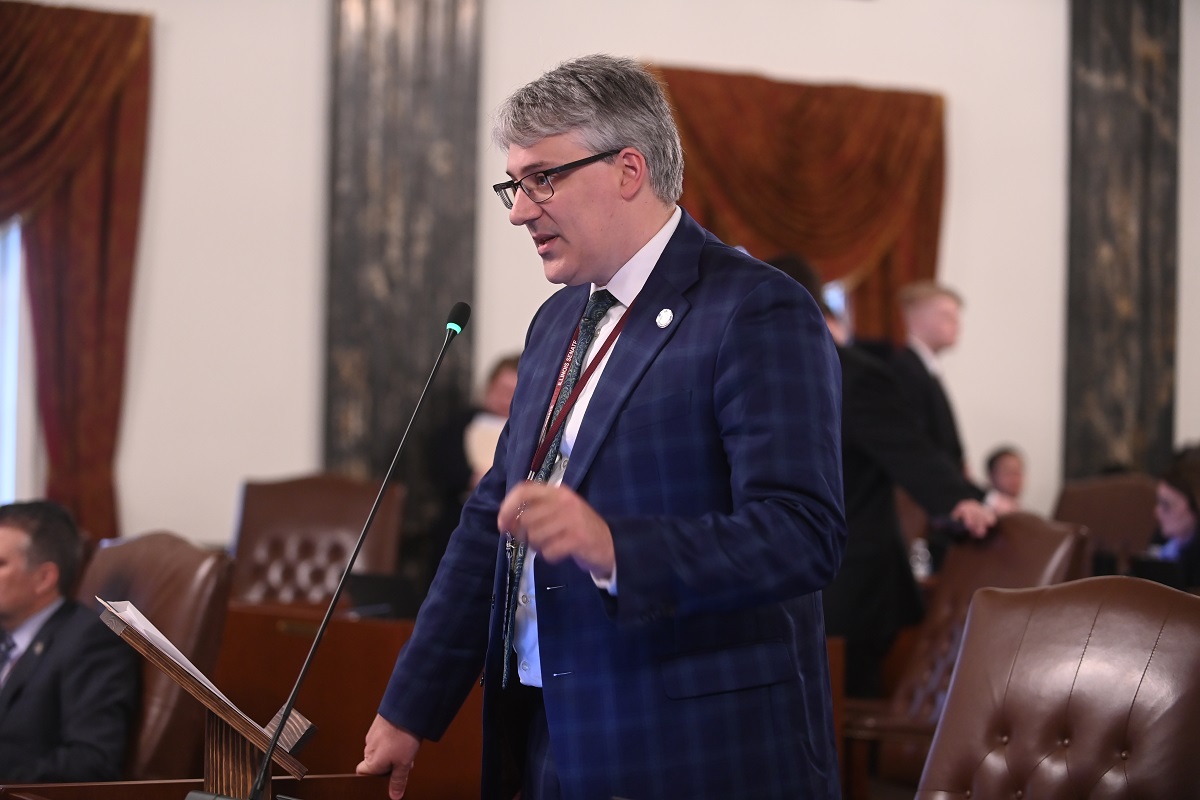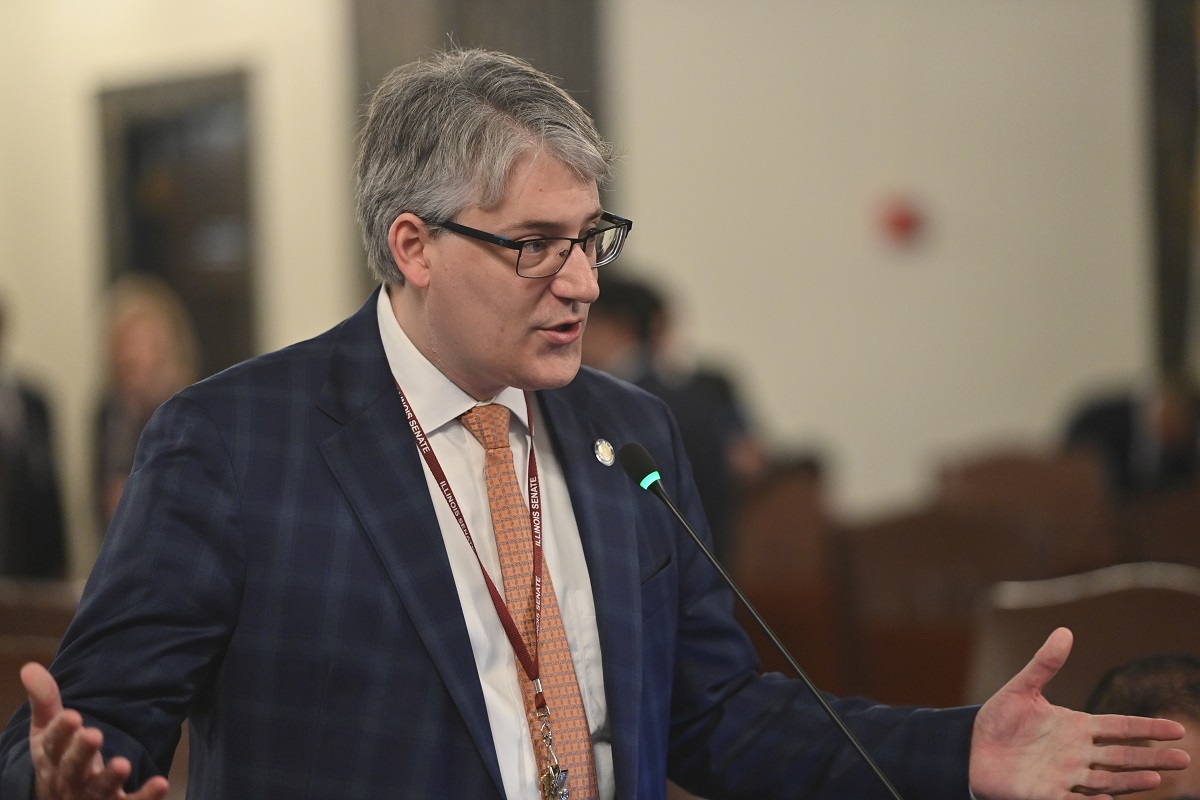- Details
- Category: Press Releases

SPRINGFIELD – State Senator Mike Halpin advanced a measure that would require the Secretary of State to provide specific information about Scott’s Law to any person who incorrectly answers the question about Scott’s Law on the driver’s license written exam:
“Scott’s Law is an important public safety rule,” said Halpin (D-Rock Island). “We must do everything we can to educate drivers about it. When driver’s license applicants get that question wrong, it’s imperative that they are specifically made aware of the law so we can reduce the number of unnecessary deaths in the line of duty.”
Scott's Law requires drivers to change lanes when approaching stationary emergency vehicles, including highway maintenance vehicles displaying flashing lights, and any stationary vehicle with their hazard lights activated.
House Bill 4711 passed the Senate Transportation Committee on Tuesday and heads to the full Senate for further consideration.
- Details
- Category: Press Releases

SPRINGFIELD – State Senator Mike Halpin advanced a measure to create specialty Air Force Combat Action Medal license plates.
“We are simply acknowledging the sacrifice these combat veterans made for our country,” said Halpin (D-Rock Island). “This move is a small way for us to give Air Force veterans the recognition they deserve.”
Currently, the Air Force is the only branch of the military that does not have a license plate for combat veterans. The Illinois Secretary of State is authorized to issue Combat Action Ribbon license plates to members of the Navy, Coast Guard and Marine Corps, and Combat Action Badge license plates to special groups within the Army.
Halpin’s measure would allow the Secretary of State to issue Air Force Combat Action Medal license plates to Air Force veterans who were awarded the Air Force Combat Action Medal.
“I look forward to seeing this pass the Senate unanimously and I encourage my colleagues from both sides of the aisle to join me by co-sponsoring this legislation,” said Halpin.
House Bill 4108 passed the Senate Transportation Committee on Tuesday and heads to the full Senate for consideration.
- Details
- Category: Newsletters
Dear neighbor,
As the weather warms up and the legislative session is in full swing, I want to give you an update on some important measures I’m working on. Read on for district updates, resources, funding opportunities and more.
As always, my office is available to help you access state resources, answer questions on legislation and more. Reach out by calling my Rock Island office at (309) 558-3612, Galesburg office at (309) 297-4483 or sending me a message on my website.
Sincerely,

Mike Halpin
State Senator | 36th District
- Details
- Category: Press Releases

ROCK ISLAND – State Senator Mike Halpin is sponsoring legislation that would expand the cover crops discount program to cover up to 500,000 acres of farmland.
“The cover crops program is extremely popular and good for the environment,” said Halpin (D-Rock Island). “It makes sense to expand a program that will keep our soil healthy for generations to come.”
This Illinois Department of Agriculture’s Crop Insurance Rebate Initiative is offered to landowners with additional acres of cover crops that are not covered by other state and federal program incentives. Eligible applicants receive a premium discount up to a $5 per acre on the following year's crop insurance, depending on their crop insurance policy, for every cover crop acre enrolled and verified in the program.
More Articles …
Page 15 of 32

